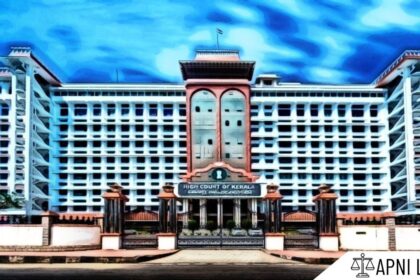Section 482 CrPC: High Court’s Inherent Power – Explained
1. The Code
Section 482 of the Code of Criminal Procedure, 1973 (CrPC) empowers the High Court to exercise its inherent power to prevent abuse of the process of any court or to secure the ends of justice.
2. Explanation
This section vests the High Court with the power to:
- Quash any order or proceeding of a subordinate court that is illegal, without jurisdiction, or against the principles of natural justice.
- Transfer any case from one court to another, if it deems it necessary for the ends of justice.
- Stay any proceeding, if it is found to be frivolous or vexatious.
- Issue any other order that is necessary to prevent abuse of the process of any court or to secure the ends of justice.
The High Court’s inherent power under Section 482 is a discretionary power and is exercised judiciously, only in exceptional circumstances.
3. Illustration
Suppose a person has been falsely implicated in a case by the police. The person can approach the High Court under Section 482 to quash the charges, if the evidence against him is weak and the prosecution is based on malicious intent.
4. Common Questions and Answers
Q: What are the grounds for invoking Section 482?
A: The grounds include:
- Absence of jurisdiction
- Abuse of process
- Violation of principles of natural justice
- Flawed investigation
- Lack of evidence
- Frivolous or vexatious litigation
Q: Can the High Court exercise its inherent power under Section 482 in civil matters?
A: Generally, Section 482 is applicable to criminal proceedings. However, the High Court can exercise its power in exceptional cases involving civil matters, particularly where the civil proceedings are entangled with criminal proceedings or where there is an abuse of process.
Q: What is the procedure for invoking Section 482?
A: The procedure involves filing a petition before the High Court, accompanied by necessary documents and a legal argument justifying the invocation of Section 482.









